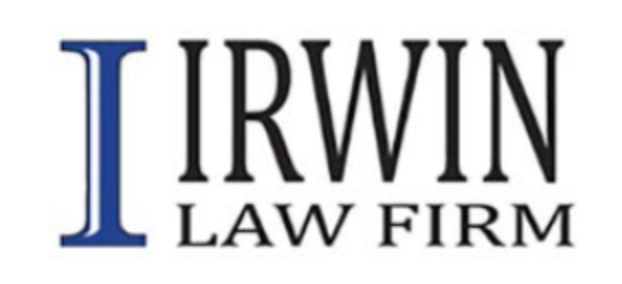Buying and Selling

Do you have any questions?
Buying and Selling Yachts with an Admiralty Lawyer
Finding the right vessel or the “next” right vessel is hard work and takes time. Conducting due diligence in the purchase of a yacht can go a long way to avoid unnecessary burdens during ownership. Doing all your homework and taking the steps necessary to protect owners can pay off in the long run. There are a few vital points to consider before a purchase is consummated to ensure that the new boat will bring its owners years of pleasure, and avoid unnecessary predicaments.
Is the vessel you are considering really the right one?
Always take the time to consider and honestly assess how the owners will use the boat. Often, buyers think that they will be having a large party of guests or family members, when in reality, those occasions may be quite rare.
So placing a premium on a certain number of cabins, for example, may not lead you to the vessel that’s right for YOUR party.
Is it a good deal?
Now that the boss has identified the vessel to buy, he or she will want to be sure their deal is a good one. Whether the plans are to head out into the deep blue Atlantic or just relaxing with friends and family onboard, one thing you don’t want to worry about are potential claims against the vessel you so painstakingly discovered.
Consider where you will store the vessel.
You and the buyers are only truly ready to buy a boat when you know where and how you will keep it and what it will cost. Buying a used boat can save some dollars, but make sure to survey the vessel. There are two types of surveyors which should be employed to conduct surveys. Their reports should be thoroughly reviewed before accepting the vessel.
A hull surveyor will inspect the structure of the vessel, as well as check the functional state of equipment on board such as the heads, galley equipment, lighting and navigational electronics. An engine surveyor specifically tests the condition of the engines and any generators on board. While there are many independent engine surveyors, when in doubt, look for a surveyor who is also an authorized mechanic for the manufacturer of the engines in question. When specifically requested, oil samples can be obtained by your engine surveyor and sent out for lab work. The results, especially when used with a history of previous oil sample tests, can give good insight into the current condition and potential life expectancy of the engines. Ask the current or previous captain of the yacht whether oil samples have ever been taken and whether the reports on those oil samples are available so that they can be compared to your samples.
Do you have the title?
When it comes to the title of your vessel, any new purchase should come with a bill of sale and a manufacturer’s certificate of origin (also known as an “MSO”). These documents will allow the owner to register the vessel in the state of his or her choice and/or with the United States Coast Guard. Hiring an Admiralty Lawyer can help assure you have what you need.
When buying a used vessel, the buyer should also receive a bill of sale. An abstract of title can be requested for U.S. documented boats, which should show any mortgages or other liens against the vessel. Be aware that under both federal law (U.S.C. Title 46 § 31343, the “Maritime Lien Act”) and Florida law (Fla. Stat. § 713.60) secret liens may exist which may give rise to future claims against vessels. These are generally liens in favor of persons or companies that provide necessary maintenance or services to a vessel.
A lien may not be known about or no claim may be made at the time the yacht is sold. To protect against future claims against the vessel, the buyer should insist on a title warranty from the seller stating that the vessel is being sold free and clear of any and all mortgages, liens or encumbrances against the vessel. That way, you will have the seller in a position to indemnify the buyer should a claim arise.
As a crew member, knowledge of the recent whereabouts and happenings surrounding a yacht which the buyer is considering for purchase can be a significant benefit. Issues of whether the current dock bill, recent engine work or a paint job has been paid may be invaluable to a purchaser about to take possession. Due diligence may come in the form of assuring that bills have been paid by the party who incurred those bills prior to the transfer of ownership.
Contact Us
By taking the above precautions, you can help ensure that an owner’s dream of a yachting lifestyle does not turn into a sinking nightmare. Contact our Admiralty Lawyer if you are unsure of anything and we will be by your side.
Do You Have Any Questions?
As the top maritime attorney in Fort Lauderdale, we look forward to hearing from you with all of your legal maritime concerns. Give us a call or send us a message today and we'll get back to you as soon as we can!
205 W. Davie Boulevard. Fort Lauderdale, Florida 33315
Office: 954-775-2301
Email: david@irwinlegal.com
Facsimile: 954-775-2303
